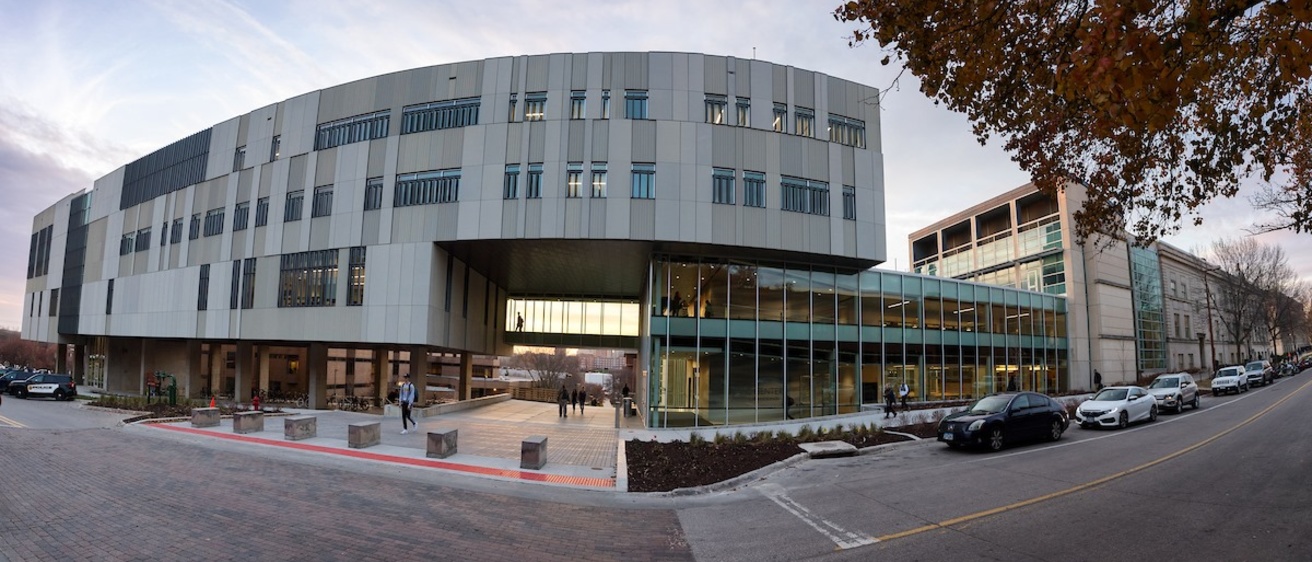College students across the country had their studies and on-campus life disrupted suddenly during the spring 2020 semester. Most universities and colleges quickly transitioned to online course delivery, closed campus housing, and dramatically changed university life for students accustomed to living, working, and studying on a college campus. A new study, supported by a National Science Foundation RAPID grant, will examine how these changes impacted engineering students in undergraduate programs, particularly vulnerable students such as those facing housing and hunger insecurity or behavioral health issues.
“We all experienced a sudden disruption of teaching and learning in spring 2020 due to COVID-19,” said Harriet Nembhard, dean of the University of Iowa College of Engineering and member of the research team. “Our work will examine how that disruption affected students differently and how we can address those differences now and in the case of potential future disruptions.”
The project, “Matriculation and Well-Being Under Emergent Events (MWEE): Using Data to Empower Campus Communities in Times of Crisis” will harness data from four campuses, engage communities, and encourage the development of processes and actions to address this global challenge. It is led by Julie Ivy at North Carolina State University (NCSU) and includes Maria Mayorga and Julie Swann also at NCSU, Lauren Davis at North Carolina A&T University and Nembhard as co-PIs. This project is part of the team’s larger collaboration, EMPOWER: EMpowering People to Achieve Optimal Well-being through Engineering Research, which began as an NSF ERC Planning grant.
The team will collect and synthesize structured and unstructured data from multiple sources that relate to the health and behavior of students as well as utilize machine learning and optimization techniques to learn from the data to identify best practices, identify students at risk, and inform potential policies and interventions. It is expected that universities will be able to layer the results with data from their campuses to predict retention and graduation rates given emergent events including COVID-19.
“This study will provide us with valuable insight into the experience of engineering students in this challenging time,” said Nembhard. “Although we cannot plan completely for events like the COVID-19 pandemic, we can put resources in place that will help promote student success in times of crisis and ensure that we provide the necessary support for students who experience academic disruptions.”
